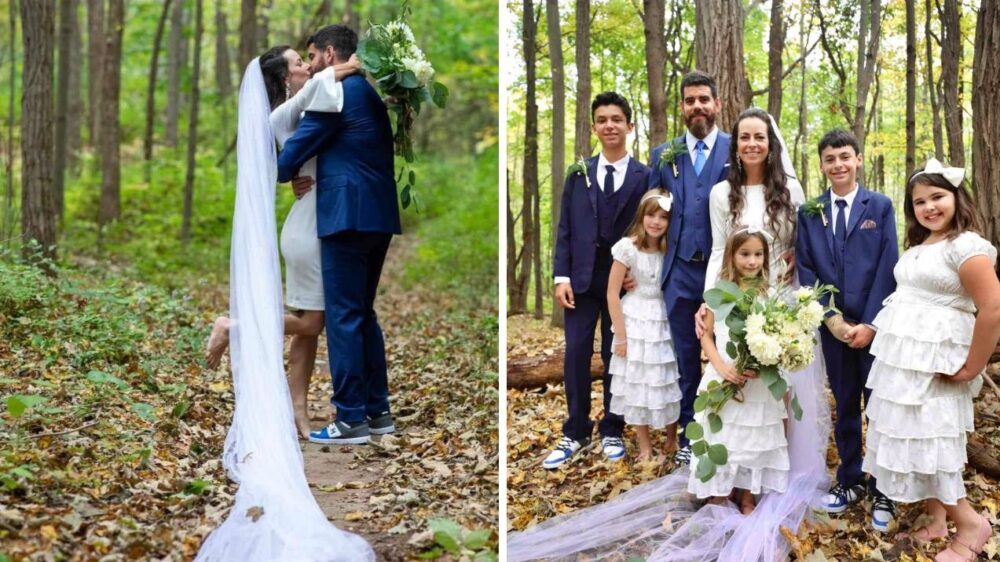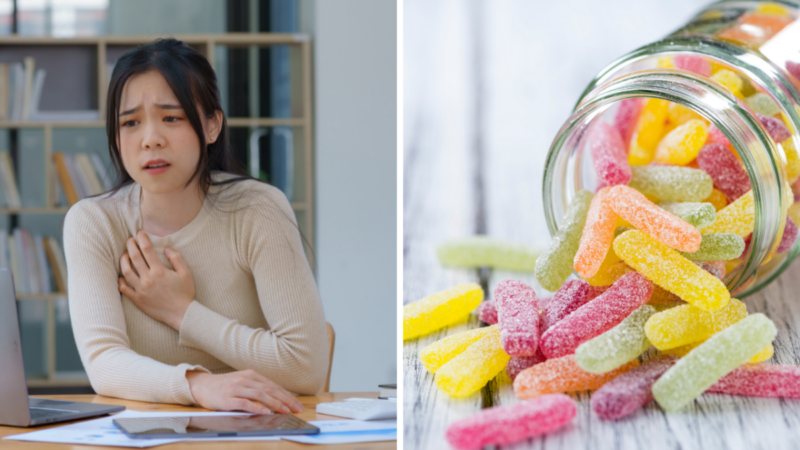7 Ways To Help A Partner Struggling With Depression

Roughly 18 million Americans are currently struggling with depression. This is a startling statistic, and it’s likely that the actual number is even higher, considering how often depression is not talked about or diagnosed.
Depression affects not only the person suffering but those who love and support that person, and the disease can take its toll on relationships. In fact, marriages affected by depression are nine times more likely to end in divorce. And it is not hard to understand why.
Depression is a mental illness that has mild to severe effects on a person’s brain chemistry. It can alter mood, thoughts, sleep, appetite, sexual desire and energy levels. It is not surprising that the feelings of sadness and hopelessness that a depressed person experiences can have serious implications for a marriage. The non-depressed spouse can feel isolated and is often left to pick up extra duties, which can lead to feelings of frustration and sadness.
The good news is there are things you can do to help your partner if he or she is dealing with depression.
1. Commit to being on the same team.
Depression is hard for all parties. Rather than letting the disease tear you apart or placing blame with the depressed partner, team up. Make it a “we vs. depression” situation. When a spouse feels supported, that trust will go along way towards seeking help and following through with treatment.
2. Admit that you don’t understand what your partner is going through.
While you may have agreed to help your partner battle his or her depression, it doesn’t mean you really get how it feels. Try telling her this. Try to talk to your spouse about his feelings and fears. Research the illness and try to understand where they are coming from. The thoughts that are playing in their head will give you insights into ways that you can help.
3. Find ways to let your partner know you love them.
Even if you don’t totally understand depression, you can meet it with compassion and love. Ruby Fremon wrote about her own struggle with depression on the Huffington Post, and she had some key advice for spouses.
“When your spouse is experiencing a low day, show them more love,” she said. Her advice can feel, at times, counter intuitive as your depressed spouse may not show appreciation or reciprocate your affection. However, Fremon says lean in—this is when you need to love them even more.
4. Ask your partner what he/she needs.
This basic question can make a person suffering feel loved, and as we’ve just learned that’s really important. As with anyone, it is never OK to assume you know what is going to help. Fremon suggests partners, “create a mental list of the things that bring them joy and happiness and offer those things when they’re in a depressive state.” It could be a movie marathon, a snuggle or a cup of tea. Though it may take a few tries to get right, giving your depressed partner something they need—even something as small as a cup of tea—goes a long way to show you care.
5. Encourage treatment and go to appointments together.
A depressed person’s partner may be able to notice behavior changes and encourage treatment in a way that the depressed spouse can’t do for him or herself. Dr. Jay Baer, a psychiatrist and director of ambulatory services in the department of psychiatry at Brigham and Women’s Hospital in Boston told LiveScience that it’s incredibly helpful for a spouse to accompany a depressed patient because the partner can see and report on what the patient often can’t.
6. Talk to family and friends.
Depression can be isolating for all parties involved. When the supportive spouse begins to feel frustrated BeyondBlue Support Service advises that it is important to reach out to family and friends. Having someone to turn to for emotional support is critical. This may be someone close to you or even a support group, online or in-person.
7. Know there is hope.
Seeking help is key to restoring a healthy relationship, but sadly not everyone does. Dennis Lowe, Ph.D., a psychologist and director of Pepperdine’s Center for the Family told Reader’s Digest, “Just 33 percent of people with depression seek and get help. But when you do, your chances for significant improvement are 80 to 90 percent. Almost everyone gets some relief.”
If you or your spouse are struggling with depression, please take that first step and talk to someone who can help.






